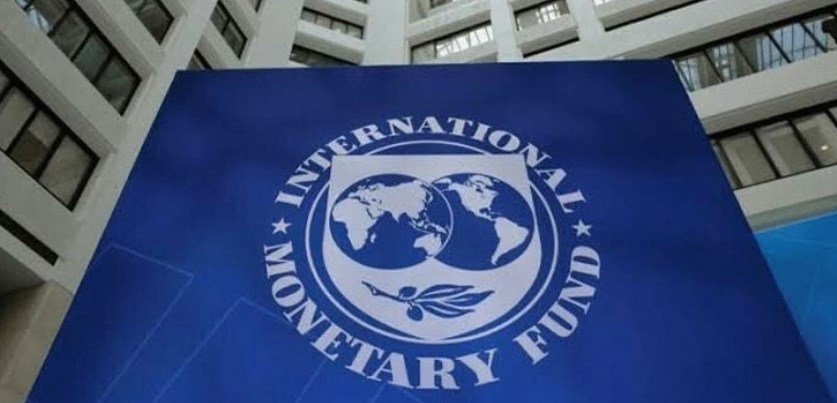On October 17, 2024, the International Monetary Fund (IMF) approved an increase in the stipend amount for beneficiaries of Pakistan’s Benazir Kafalat Program. This decision comes as part of the IMF’s ongoing collaboration with the Pakistani government to improve social safety nets in the face of rising inflation and economic hardships. The new stipend, which will see a 20% increase, aims to support low-income households struggling with the rising cost of living.
The Benazir Kafalat Program, a key component of Pakistan’s social welfare system, provides financial assistance to over 8 million women from underprivileged backgrounds. The increase, which was proposed by the federal government during recent talks with the IMF, is intended to help mitigate the impact of inflation on food, fuel, and other essential goods.
Prime Minister Shehbaz Sharif lauded the IMF’s approval, emphasizing that the government is committed to ensuring economic relief for Pakistan’s most vulnerable populations. The move was also praised by welfare organizations, which see it as a positive step towards addressing poverty and income inequality in the country.
However, some economists and opposition members have raised concerns about the sustainability of such programs, given Pakistan’s reliance on IMF loans. They argue that while the increase is necessary in the short term, long-term solutions such as economic reform and job creation should be prioritized to reduce dependence on external assistance.
The IMF’s decision to increase stipends is seen as a crucial step in helping Pakistan navigate its current economic challenges, but it also underscores the need for comprehensive reforms to ensure sustainable growth and financial stability.
